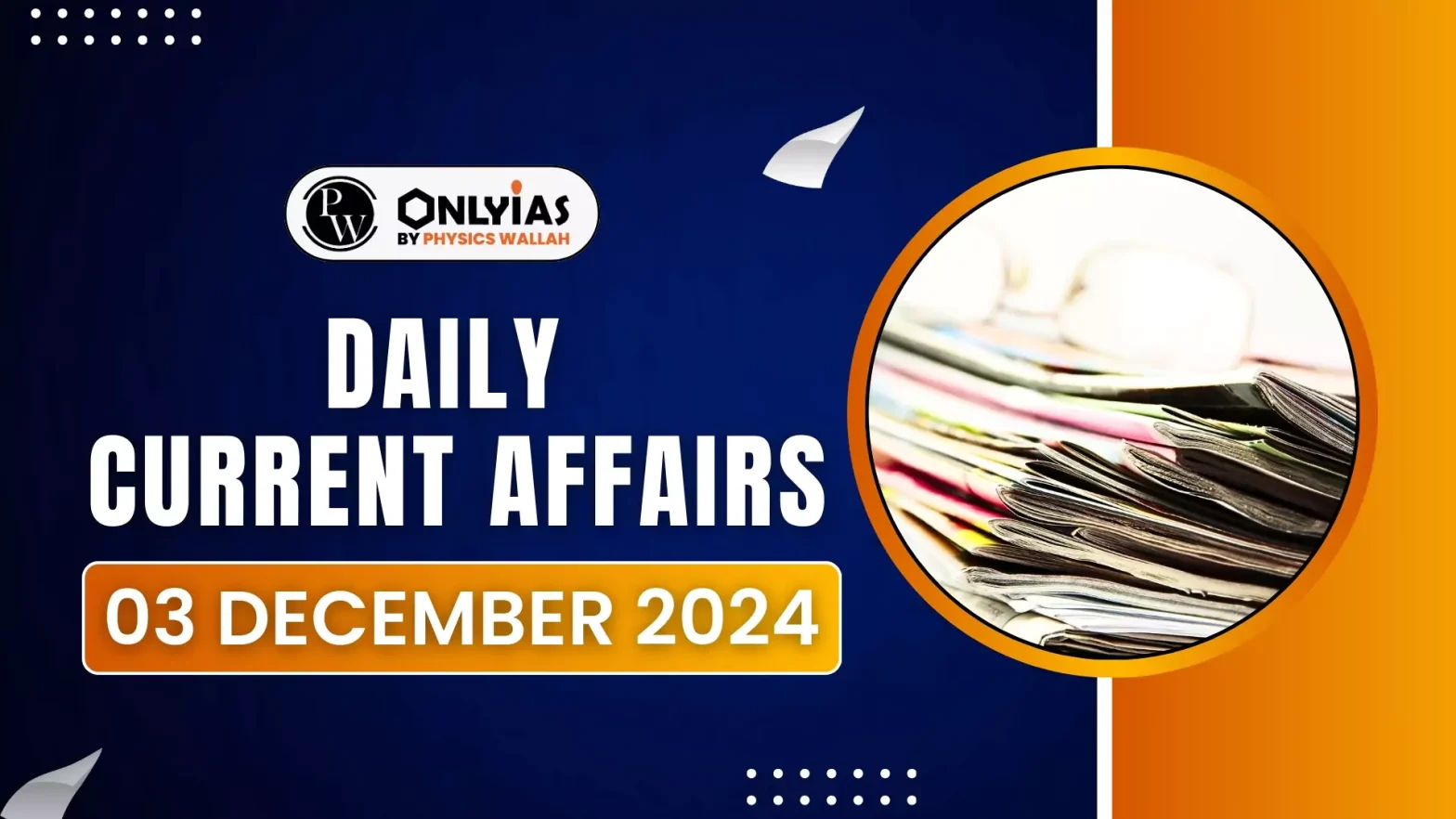Recently the Government of India has scrapped the windfall tax on aviation turbine fuel (ATF), crude oil, petrol, and diesel.
Windfall Tax
- A windfall tax is a higher tax levied by the government on specific industries when they experience unexpected and above-average profits.
- For Example: Windfall tax was levied on the oil companies of the United States in the 1980s. There was a sudden rise in oil prices due to the crisis of oil in 1979, leading to windfall gain for the companies in the sector later on.
|
Enroll now for UPSC Online Course
Key Highlight on Application and Withdrawal
- Introduction of Windfall Tax in India: To address the shortage of energy products in the domestic market, the Indian government added a special additional excise duty on the export of gasoline and diesel, known as the Windfall Tax in July 2022.
- Reasons for Rollback:
- Stabilized Oil Prices: Global crude oil prices have stabilized at around $70–$75 per barrel.
- Revenue Decline: Government revenue from this tax dropped significantly from ₹25,000 crore in FY23 to ₹6,000 crore in FY25.
- Industry Challenges: The levy impacted profitability, deterred investments, and created uncertainty for private and foreign players.
- Associated Measures: Withdrawal of the Road and Infrastructure Cess (RIC) on petrol and diesel exports.
- Final tax revision on August 31, 2024, with export duties already at zero as of September 18, 2024.
Criticism of Windfall Tax
- Discouragement of Investment: Windfall taxes might discourage businesses from making investments in sectors that are susceptible to windfall gains..
- Uncertainty for Investors: Windfall taxes create uncertainty for investors, making it difficult for businesses to predict their potential returns and plan for the future.
- Discouraging Excessive Profiteering: These taxes can discourage businesses or industries from taking advantage of unforeseen circumstances to generate disproportionately high profits, promoting fair market behavior.
- Complex Implementation: Determining what constitutes a “windfall” and setting the appropriate tax rate can be challenging.
Check Out UPSC Modules From PW Store
Impact Of the Withdrawal
- Positive for Oil Industry:
- Producers and Refiners: Companies like Reliance Industries and ONGC are expected to see improved refining margins and profitability.
- Stock Market Response: Shares of Reliance Industries and ONGC have shown gains post-announcement.
- Potential Economic Boost: Removal of the levy could encourage increased crude oil production and refining capacity expansion.
- Export competitiveness may rise, benefiting Indian manufacturers with stronger export order growth.
- Global Competitiveness: The rollback aligns with global oil price trends and ensures Indian producers remain competitive internationally.
- Government Revenue Adjustments: While this decision might reduce short-term revenue, it is likely a strategic move to bolster long-term economic growth by incentivizing production and investments.
Additional Reading: Windfall Tax
![]() 3 Dec 2024
3 Dec 2024
